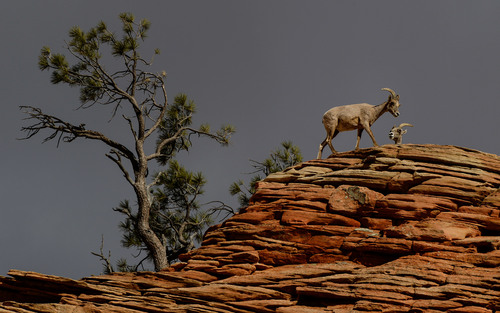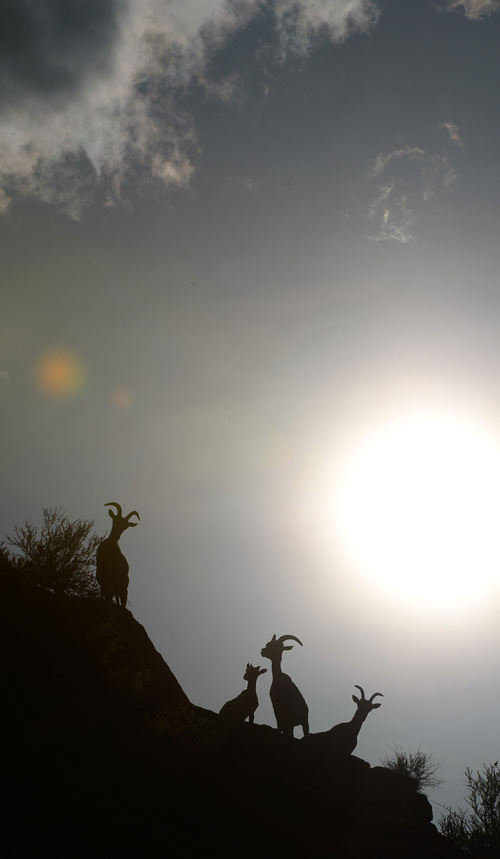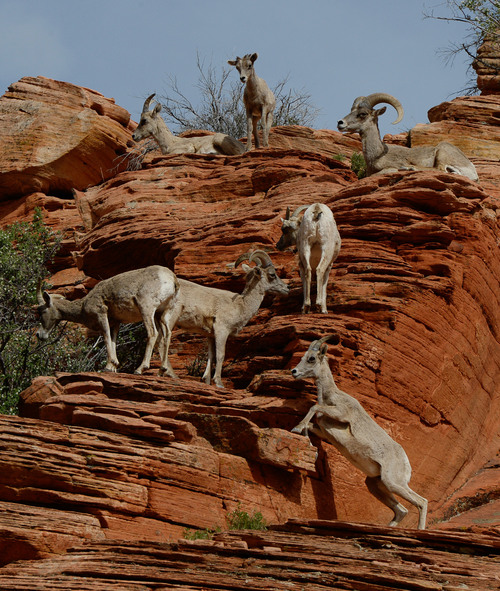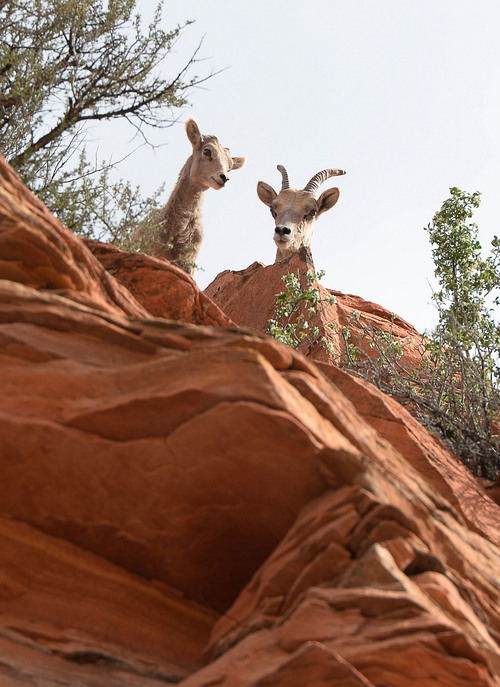This is an archived article that was published on sltrib.com in 2014, and information in the article may be outdated. It is provided only for personal research purposes and may not be reprinted.
Photographers and videographers are always looking for new ways to capture the wonders of America's national parks.
The use of drones — remote-controlled miniature aircraft that can be mounted with cameras — is the newest craze.
But continued issues with the high-tech toys has led to bans in parks across the country, including the formal prohibition issued Monday for Arches and Canyonlands parks as well as Hovenweep and Natural Bridges national monuments.
Kate Cannon, the superintendent of those parks and monuments, said in a news release that the drones must be banned to protect public safety, minimize visitor-user conflicts and prevent damage to "scenic values, natural soundscapes and wildlife."
The news release noted the rising use of drones in parks nationally and in southeastern Utah. Cannon could not be reached for further comment.
Specific reports of problems with drones come from other parks: Zion, Yosemite and Yellowstone.
In Utah's Zion National Park last spring, a drone was spotted chasing desert bighorn sheep, causing ewes and lambs to be separated. Hikers in the park also complained about drones ruining their experiences at places like Angels Landing and Canyon Overlook.
Climbers in California's Yosemite National Park have been harassed by drones while making technical climbs. Earlier this month, a drone crashed and sank in the popular Grand Prismatic Spring in Yellowstone National Park.
Zion spokeswoman Aly Baltrus told the Salt Lake Tribune after the wildlife paparazzi incident in May that enforcement officers were dealing with about four drone cases each week.
"It seems to have exploded recently. They are getting more affordable and now that you can put a camera on them, they are more purposed," Baltrus said at the time.
In June, National Park Service Director Jonathan Jarvis signed a policy that directed superintendents to prohibit launching, landing or operating unmanned aircraft on lands and waters administered by the NPS.
"We embrace many activities in national parks because they enhance visitor experiences with the iconic natural, historic and cultural landscapes in our care," Jarvis said in a release. "However, we have serious concerns about the negative impact that flying unmanned aircraft is having in parks, so we are prohibiting their use until we can determine the most appropriate policy that will protect park resources and provide all visitors with a rich experience."
Twitter: @brettprettyman









